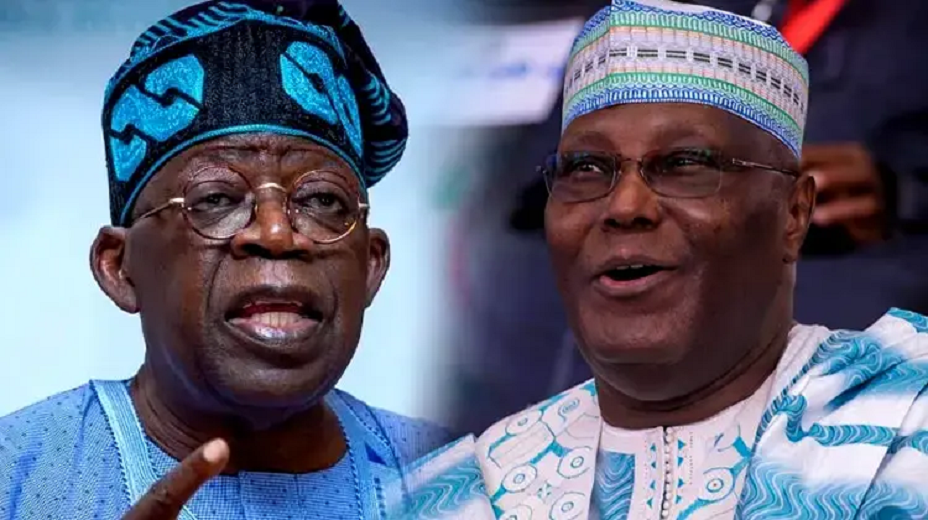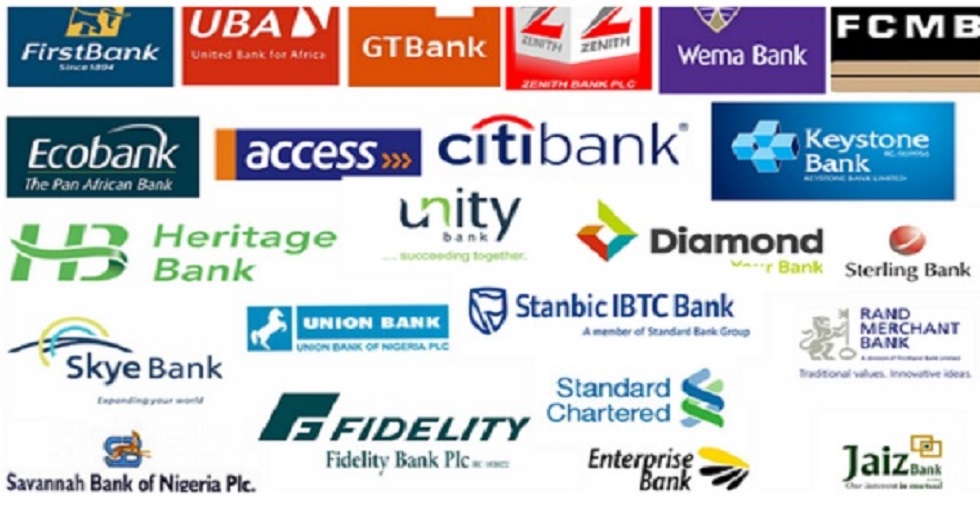The lingering rift between banks and telecos may take a deeper turn, as banks plan to dump altogether the use of Unstructured Supplementary Service Data (USSD) banking following its suspension by the Association of Licensed Telecoms Operators of Nigeria (ALTON) over the N120 billion debt owed by banks, according to report by Business Hallmark.
Mr. Segun Agbaje, group chief executive officer of Guaranty Trust Holding Company (GTCO), opposed the notion that continuous use of USSD for transactions would strengthen Nigeria’s cashless policy as pursued by the Central Bank of Nigeria (CBN).
According to Agbaje, the controversy over USSD is a distraction engendered by telecommunications companies. He asserted that banks are advocating for the protection of their customers, insisting that they should only pay for successful transactions and not for transactions that were not calculated on their accounts.
According to Business Hallmark, the GTCO boss objected to the extensive use of USSD while expressing his belief that the technology driving USSD banking is costly and clumsy, adding that internet banking is a more robust and technologically advanced alternative.
“The banks are protecting you and saying to all of you, pay for successful transactions, do not pay for transactions that were not calculated on your account. What if you, as customers, want to take a swim? Perhaps we’ll let you pay, but I keep telling everybody, who would listen, USSD is not the answer,’’ he argued.
Agbaje stressed the need to reduce the cost of data, thereby making it more affordable as the future of financial inclusion and increased literacy lies therein. He further urged for a transitioning into mobile banking, which he considered as more advanced and user-friendly, requiring less data consumption.
Citing India as an example, Agbaje opined that India has achieved significant progress in financial growth, and reiterated the urgency to reduce the cost of data in Nigeria, pointing out the disparity between data costs in Nigeria and India.
“All of you, who use less data, or mobile banking, which is more advanced, which is easier to use, you need to get the cost of data down in Nigeria. The cost of data, when compared to India, shows we are being exploited,” he added.
Agbaje emphasized the need to reduce the cost of data as this would enhance financial inclusion and increase interest in the country.
“We should have the cost of data down so that we can increase inclusion, or we can increase our interest. So, I’m not going to get into this. If you want, you can pay the telcos for USSD. For me, my clamour is that it should be technology at lower cost of data,” he opined.
A branch manager of a top Nigerian bank, while discussing with our correspondent on condition of anonymity, concurred with Agbaje’s statements concerning embracing mobile banking as opposed to the use of USSD for financial transactions, which, according to her, contributes to the high charges on transactions lamented by bank customers.
“USSD is one of the reasons for high charges. Whether your transaction is successful or not, you will be charged N6.98k for using USSD, then you will be charged for transfers depending on the amount involved, the SMS alert charge is also included. That’s about three different charges for one transaction.
“Another way people incur extra charges is when they check their account balance. Every time you check your account balance via USSD, you will be charged N6.98k for USSD transaction and N4 for SMS alert.
“In a situation whereby you check your account balance five times a day, you have accumulated N20 SMS alert charge just in a day and N34.9k USSD charge in a day. To solve this problem, you can use your email to receive alerts and to confirm transactions instead of SMS. This way, you are charged for just ATM maintenance, ATM withdrawals after withdrawing thrice on another bank’s ATM and Electronic transfer levy.
“This is what I tell people, once you have a smartphone, it’s advisable to use the mobile application for transactions instead of USSD. USSD banking is expensive when compared with mobile banking, what the banks are clamoring against is charging our customers for unsuccessful transactions. All we are trying to do is to protect our customers against high charges,” she said.
Mobile Network Operators (MOs) blamed the ongoing deadlock between banks and telcos on political interference. This prolonged issue, which has persisted since 2019, revolves around the refusal of deposit money banks to settle their outstanding fees for USSD services provided by telecom operators, resulting in an accumulated debt of N150 billion.
Despite collaborative efforts by regulatory bodies, such as the CBN and the Nigerian Communications Commission (NCC) to mediate and resolve the dispute, the banking institutions have remained adamant towards the payment of their debts.
Engr. Gbenga Adebayo, ALTON Chairman, raised his concerns during the Nigeria Telecoms Indigenous Content Expo (NTICE 2023) held in Lagos. Adebayo pointed out that political interference has aggravated the issue, turning what should be a straightforward commercial agreement into a prolonged and controversial issue.
According to Adebayo, the USSD agreement is basically a commercial contract with a buyer-seller arrangement, wherein payment is expected for the services rendered.
“The disagreement between banks and Telecoms operators over unpaid USSD debts should have been long addressed, if not because of external interference,” he said.
He added that if the buyer, in this case the banks, fails to remit the owed N150 billion, the supply of USSD services should logically cease.
Adebayo called upon Dr. Bosun Tijani, minister of Communication, Innovation, and Digital Economy, to safeguard the autonomy of the telecoms sector under the purview of the Nigerian Communications Commission (NCC). He advocated for granting the regulatory body the required independence to effectively discharge its responsibilities.
Adebayo also raised concerns regarding the unsustainable end-user pricing for telecom services, given the prevailing cost structure, following the removal of fuel subsidy.
“The current pricing regime in the industry is not sustainable, we are selling below the cost price. We cannot continue that way. We must look at more realistic prices to offer because the present pricing regime is no longer sustainable,” he decried.
However, the CBN attributed the controversy between the Deposit Money Banks (DMB) and telecoms over the non-payment of USSD charges to service providers to technical issues regarding the definition of a successful transaction from a bank and telecoms perspective.
Our correspondent interacted with some bank customers, who shared their opinions concerning the lingering controversy between the banks and telecoms. Most of the respondents raised their concerns over the weak IT infrastructure of mobile applications, for the elderly ones and for those, who are less educated, their preference for USSD banking over mobile app is as a result of not using a smartphone, where they can download banks’ mobile apps to make transactions.
























































